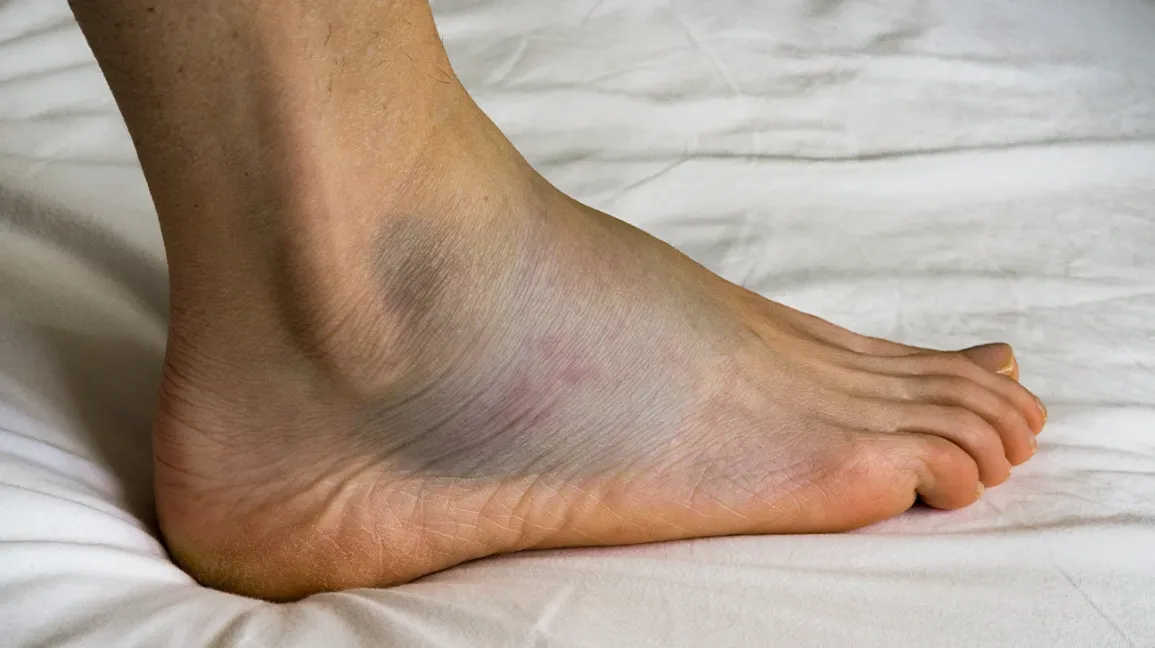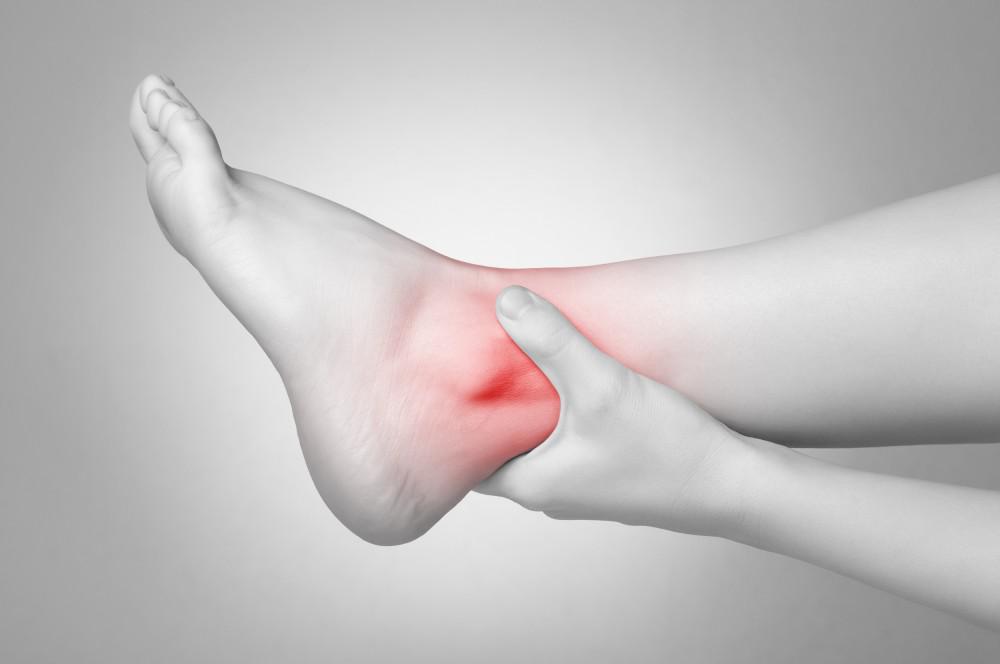Leg swelling, also known as edema, is a common condition that affects many people. It is often seen as a minor inconvenience that can be managed with simple home remedies or over-the-counter medications. However, many do not realize that Houston leg swelling can sometimes indicate a more serious underlying health condition.
What is leg swelling?
Leg swelling occurs when there is an accumulation of fluid in the tissues of the legs. It can be caused by factors such as standing or sitting for long periods, pregnancy, or certain medications. In most cases, leg swelling is not a cause for concern and can be easily managed with self-care measures such as resting with the legs elevated or wearing compression stockings.
However, in some cases, leg swelling can be a sign of a more serious underlying condition that requires medical attention. Awareness of these potential dangers is important to ensure timely diagnosis and treatment.
Hidden dangers of leg swelling
Deep vein thrombosis (Dvt)
One of the most serious dangers of leg swelling is the potential development of deep vein thrombosis (DVT). Deep vein thrombosis (DVT) happens when a blood clot develops within a deep vein located in the leg. The risk of developing DVT is higher in people with prolonged periods of immobility, such as long plane rides, bed rest, or sitting for long periods.
DVT can be life-threatening if the blood clot breaks free and travels to the lungs, causing a pulmonary embolism. Symptoms of DVT include leg pain, warmth, and swelling.
Heart failure
Leg swelling can also be a sign of heart failure, a condition in which the heart cannot pump enough blood to meet the body’s needs. When the heart cannot keep up with the demand for blood, it can cause fluid to accumulate in the legs, ankles, and feet. This can lead to swelling and discomfort. Other symptoms of heart failure include shortness of breath, fatigue, and rapid or irregular heartbeat.
Kidney Disease
Leg swelling can be caused by kidney disease since the kidneys are crucial in eliminating excess fluid from the body. If the kidneys are not working correctly, it may result in fluid retention and swelling in the legs.
Liver Disease
Maintaining fluid balance in the body is a significant function the liver performs. Liver malfunctions can cause swelling and fluid retention in different body regions, such as the legs. Additionally, liver disease can produce symptoms like abdominal pain, fatigue, and jaundice.
Managing leg swelling
If you experience leg swelling, it is important to identify the underlying cause and seek medical attention if necessary. Your healthcare provider may recommend lifestyle changes or medications to manage your symptoms. Some self-care measures that may help alleviate leg swelling include:
- Elevating your legs above heart level
- Wearing compression stockings
- Exercising regularly
- Avoiding sitting or standing for long periods
- Maintaining a healthy weight
Leg swelling is not just a minor inconvenience but can also be a sign of a more serious underlying health condition. Talk to your doctor at Houston Vein Specialists to learn more about the available treatment options for swollen legs.





